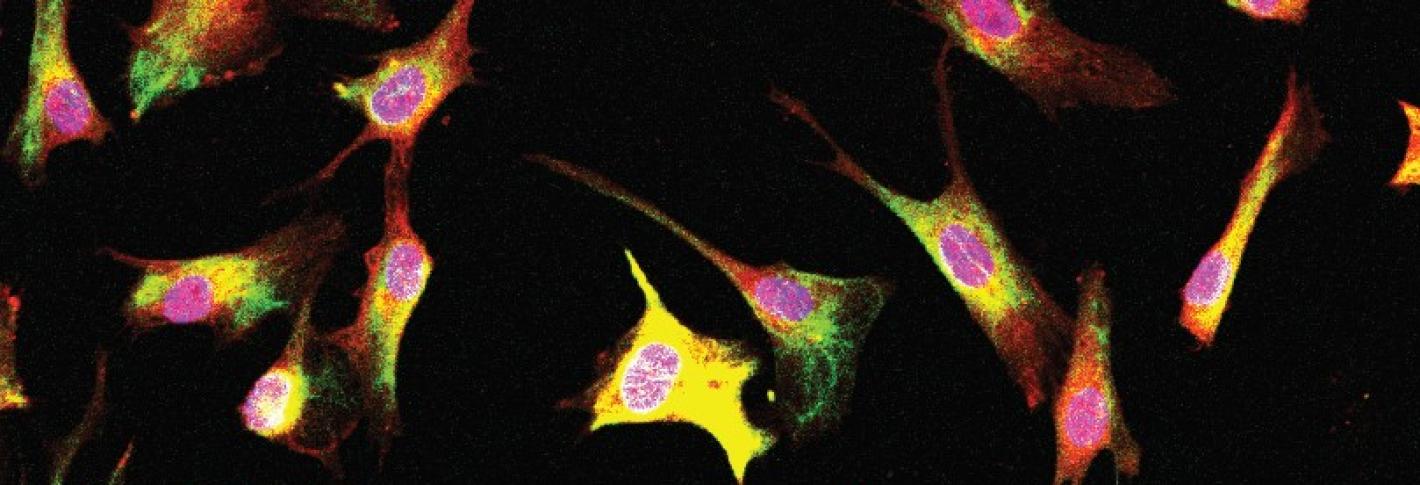People who harbor one or especially two copies of the ApoE4 variant of the ApoE gene are at an elevated risk for Alzheimer’s disease. While that association has long been known, the lab of Picower Professor Li-Huei Tsai has pioneered the use of human induced pluripotent stem cell (iPSC) models to understand how APOE4 adversely affects brain health.
In 2018 Tsai’s lab published the first effort to create patient-derived human cell lines engineered to differ only by whether they had the ApoE4 or more typical, risk-neutral ApoE3 variant. Comparing these “isogenic” lines of neuron, astrocyte and microglia brain cells, showed that ApoE4 changes lipid metabolism in astrocytes, causes hyperactivity in neurons and pro-inflammatory phenotypes in microglia. Then in 2020, using iPSCs to reconstitute brain blood vessels and the blood-brain barrier, her lab found that pericyte cells carrying ApoE4 increased ApoE protein expression, contributing to cerebral amyloid angiopathy, a serious problem closely associated with Alzheimer’s disease. Moreover, this work identified the specific cellular pathway involved and demonstrated that drugs corrected the problem in vitro.
Above: Human astrocytes carrying the APOE4 gene variant.
In a similar vein the lab demonstrated in 2021 that APOE4 disruption of lipid metabolism in human iPSC-derived astrocytes could be rescued with doses of the common nutrient choline, directly setting the table for clinical trials.


